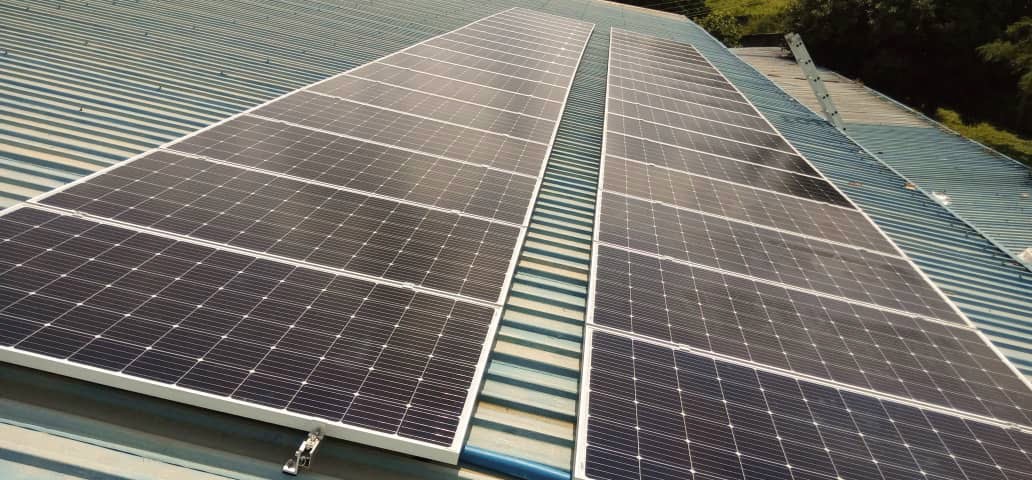
Indications emerged, yesterday, that Nigeria has secured a $1.5 billion loan from the US-EXIM Bank to deliver solar power infrastructure in 10 different locations across the country.
Adam Cortese, Chief Executive Officer, SUN Africa LLC, USA, gave the hint shortly after a delegation of the company met with President Muhammadu Buhari at the Presidential Villa, Abuja.
Fielding questions from newsmen, he said the loan is a government-to-government facility hinged on a concessional rate of over 20 years.
He said the Niger Delta Power Holding Company (NDPHC) will own the assets, generate low-cost electricity and enable the company to pay back the loan.
Cortese noted: “Once again, this is government-to-government financing. It’s built upon the success that we’ve had in Angola recently, where we’ve delivered roughly $2.6 billion of solar PV storage and transmission capacity.
“I think the important point to note here is that it’s a government-to-government loan from the US-EXIM Bank to the government of Nigeria but it’s being done on a concessional rate, over 20-year tenure, which is extremely attractive.
“What’s unique about this model is that NDPHC is going to own its own assets. So, it’s going to own its generation base, and our project will deliver low-level cost of electricity, which will not only allow them to pay back the loan from EXIM Bank but also generate profit on top of it.”
A Presidency statement later quoted Buhari as declaring that the rapid integration of solar power into the country’s energy mix will lead to an increase in electricity access to under-served and un-served communities.
The statement signed by Special Adviser on Media and Publicity, Femi Adesina, said the President noted that his administration has embarked on several reforms to revitalise Nigeria’s energy sector, aimed at improving energy access to communities.
He commended the interest of the US developer to invest in Nigeria’s power sector, just as he pledged Federal Government’s commitment to partner with the private sector towards improving energy access, creating jobs and industrial development.